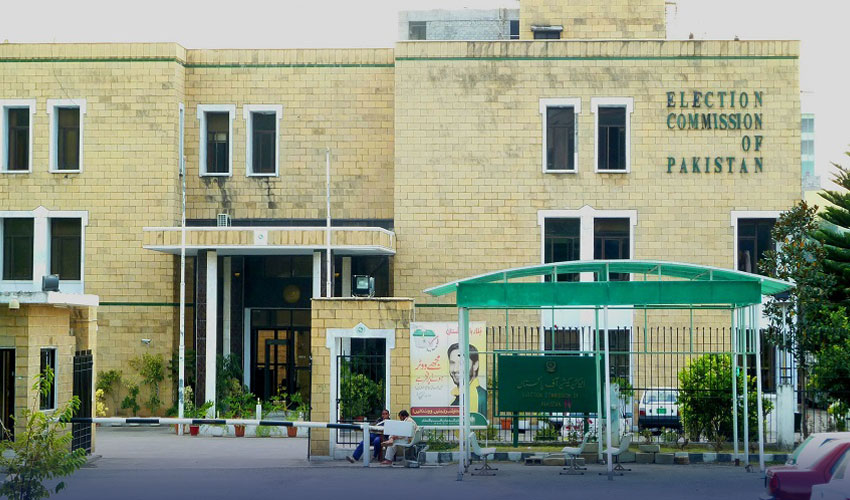The Supreme Court has raised significant concerns regarding the conduct of the Election Commission of Pakistan (ECP) in its latest detailed decision. The court included the ECP's order of September 14, which aimed to clarify previous ambiguities, as part of its majority ruling.
The court expressed surprise at the ECP's behavior, noting that it acted as a primary opposing party in ongoing legal disputes. The Supreme Court underscored the ECP's essential role in ensuring fair and transparent elections, positioning it as a guarantor of the democratic process and a crucial pillar of the government.
The ruling criticized the ECP for failing to fulfill its responsibilities, particularly during the events of February 2024.
The court emphasized that the Pakistan Tehreek-e-Insaf (PTI), its candidates, and its voters should not be held accountable for the illegal actions of Returning Officers and the Election Commission.
The decision raises important questions about the integrity of the electoral process and the ECP's commitment to its mandate.
As per the judgment: "The Commission has failed to perform its role as a “guarantor institution” of democratic processes 113. We find it important to emphasize that the Commission, as a constitutional “electoral management body”, is not merely an administrative entity but a fundamental “guarantor institution” of democratic processes, with a constitutional status akin to a “fourth branch of government”.
"The Commission must therefore fully recognize its constitutional position and the critical role it plays in a democracy while performing its duty to conduct free and fair elections. As a central pillar of democratic electoral processes, the Commission, in its role as a guarantor institution and impartial steward, is tasked with ensuring the transparency and fairness of elections to maintain public trust in the electoral system.
"This is essential for the legitimacy of elected representatives and the stability of the political system. The Commission must uphold democratic principles and the integrity of electoral processes by ensuring that elections truly reflect the will of the people, thereby preserving the democratic fabric of the nation. Unfortunately, the circumstances of the present case indicate that the Commission has failed to fulfill this role in the General Elections of 2024."



























